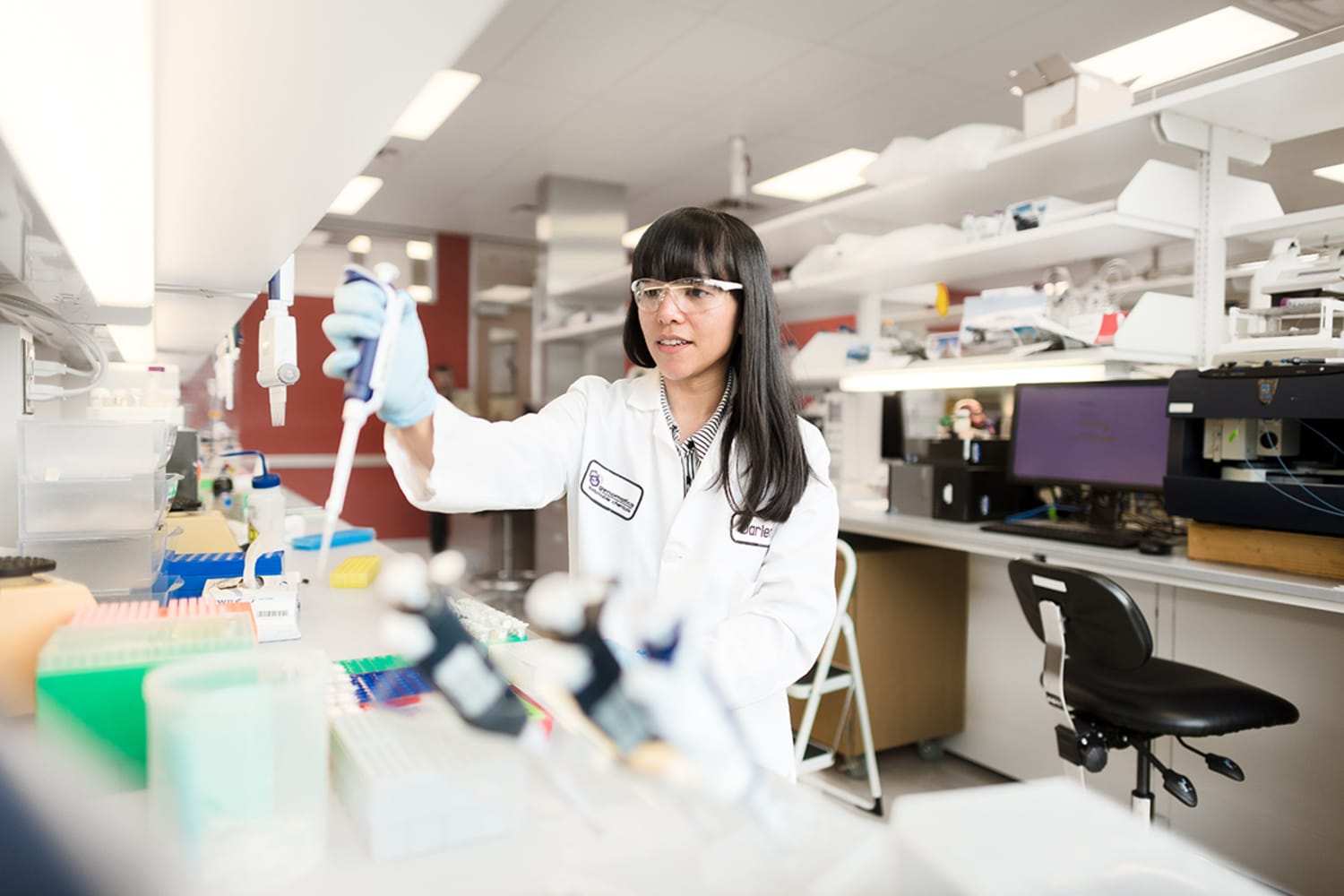In recent months, several beauty and body care brands have created new ingredients and formulations using biotech to improve the sustainability, functionality, and production time of their product lines.
Biotech beauty is gaining speed, simultaneously improving product formulations and sustainability.

Haeckels is harnessing lab-grown
ingredients to revolutionize sustainable
beauty in its upcoming launch, Haeckels 2.0. In September, the English brand will release a range of laboratory-grown skincare products made with fully sustainable, compostable packaging and lowered carbon emissions in half the production time. This launch is the latest of a range of sustainable, lab-grown products from the brand, which Estée Lauder invested in earlier this year.

Unilever will jointly invest $120 million in plant-based alternatives for its home care, beauty, and personal care products in partnership with the San Diego-based biotechnology group Geno. By creating an alternative option to palm oil or fossil fuel for its products, Unilever chief research and development officer Richard Slater said that the investment “will sit right at the intersection of science and sustainability,” and will position the brand as a “future-fit business for consumers, shareholders, and the planet.”
Other brands are taking advantage of lab-grown formulations to improve their product functionality. UK-based skincare brand Cellular Goods launched lab-made cannabinoid skincare in February this year. The Cannabinoid Face Oil and Face Serum are made with synthesized cannabinoids that are more sustainable and purer due to the fact that they are produced without exposure to pesticides or environmental pathogens that might be found in naturally grown cannabis. The brand generates cannabigerol, or CBG, specifically for its antibacterial and antioxidant properties.
Ourself, a new biotech beauty brand that launched in February, aims to mimic in-office procedures with a line of biotechnologically created beauty ingredients. Its “Subtopical Skin Care System” relies on a technology called Intides that allows its formulations to penetrate deeper into the skin, elevating its out-of-office product line to the efficiency of an in-office procedure’s results. The line includes lip treatments, facial peels, moisturizers and sunscreen that range in price from $45 to $260.
Codex Beauty Labs, a plant-based biotech skincare company from Silicon Valley, launched its third collection in July: a line of products optimized for oily and acne prone skin produced with plant-based biotechnology. The line, called Shaant, consists of four microbiome-balancing products that leverage biotech-manufactured plant stem cells of Indian plants valued for calming, balancing properties ideal for oily skin types.
In an interview with Allure, cosmetic chemist Jen Novakovich said that by using biotech ingredients, "You can manipulate it to produce whatever you want. You can turn up a part of it that makes a certain effect." Using biotechnology to produce ingredients for product formulations can cut production time, reduce the use of animal cells in products, and even improve sustainability according to Novakovich: “many Life Cycle Analyses [tracking ingredients' environmental impacts based, in part, on land and water use] show favorable results for sustainability for biotech."
What the food and drink industry has embraced is seeping into the beauty sphere: lab-grown ingredients are elevating product sustainability and function, and many brands are choosing to utilize and invest in biotech practices.
Main image from the Haeckels 2.0 campaign, courtesy of Haeckels.
Please provide your contact information to continue.
Related Content


